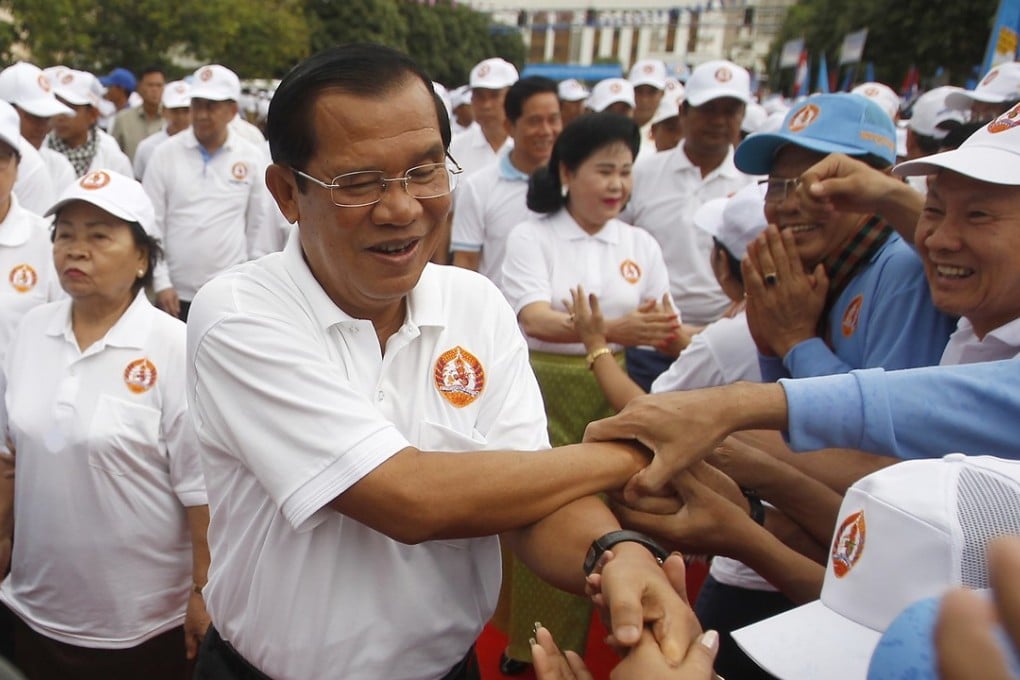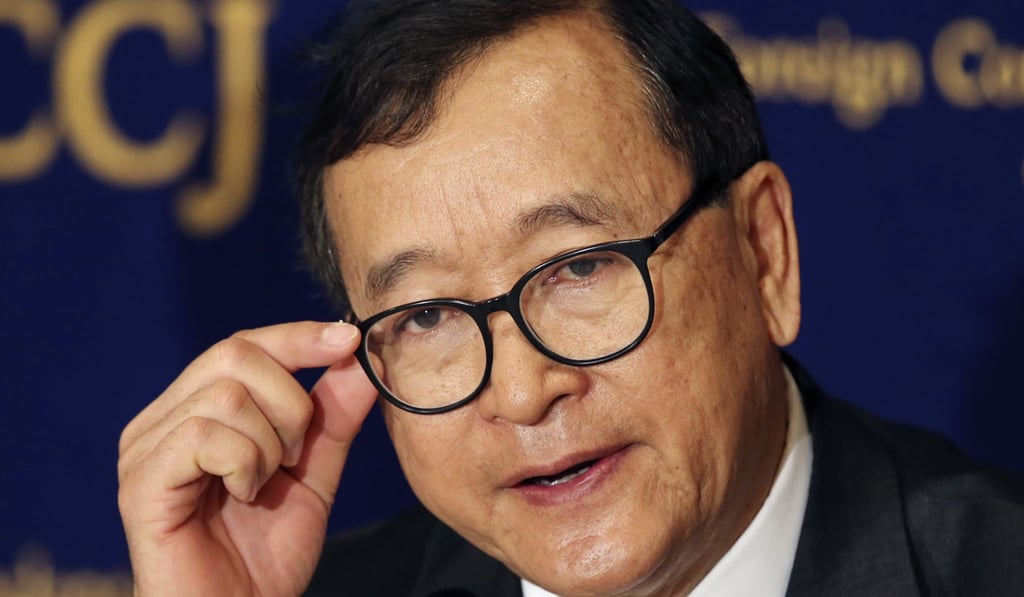Hun Sen retains his tight grip on Cambodia, and freedoms can wait
Markus Karbaum says having decimated all credible opposition, the Cambodian strongman is a shoo-in for victory in the general election next week. Given the fear, resignation and indifference that prevail, he looks set to rule for as long as he likes

Nevertheless, he is at the peak of his reign that, after all, has lasted since 1985. His success boils down to his almost uncontested monopolisation of physical force, framed by submissive partners in both domestic politics and international relations.
A former Khmer Rouge soldier, Hun Sen became head of government in the follow-up regime installed by Vietnam, which occupied Cambodia in the 1980s. He contributed to ending the civil war in 1991 and thereby two decades of violence. Under UN sovereignty – the UN peacekeeping mission in Cambodia endured from 1992 to 1993 – Hun Sen had to grasp the nettle by accepting a liberal constitution and a defeat in the general elections in 1993. Even so, he remained Cambodia’s political hegemon.
As he has never accepted rivals or challengers, intimidation, threats, and even murder, were effective tools in his political tool kit. About 200 people fell victim to his will to power between 1997 – beginning with an assault of an opposition rally and a bloody coup d’état against his royalist coalition partner Funcinpec – and the post-election process in 1998 when demonstrations against Hun Sen were violently broken up by security forces.

